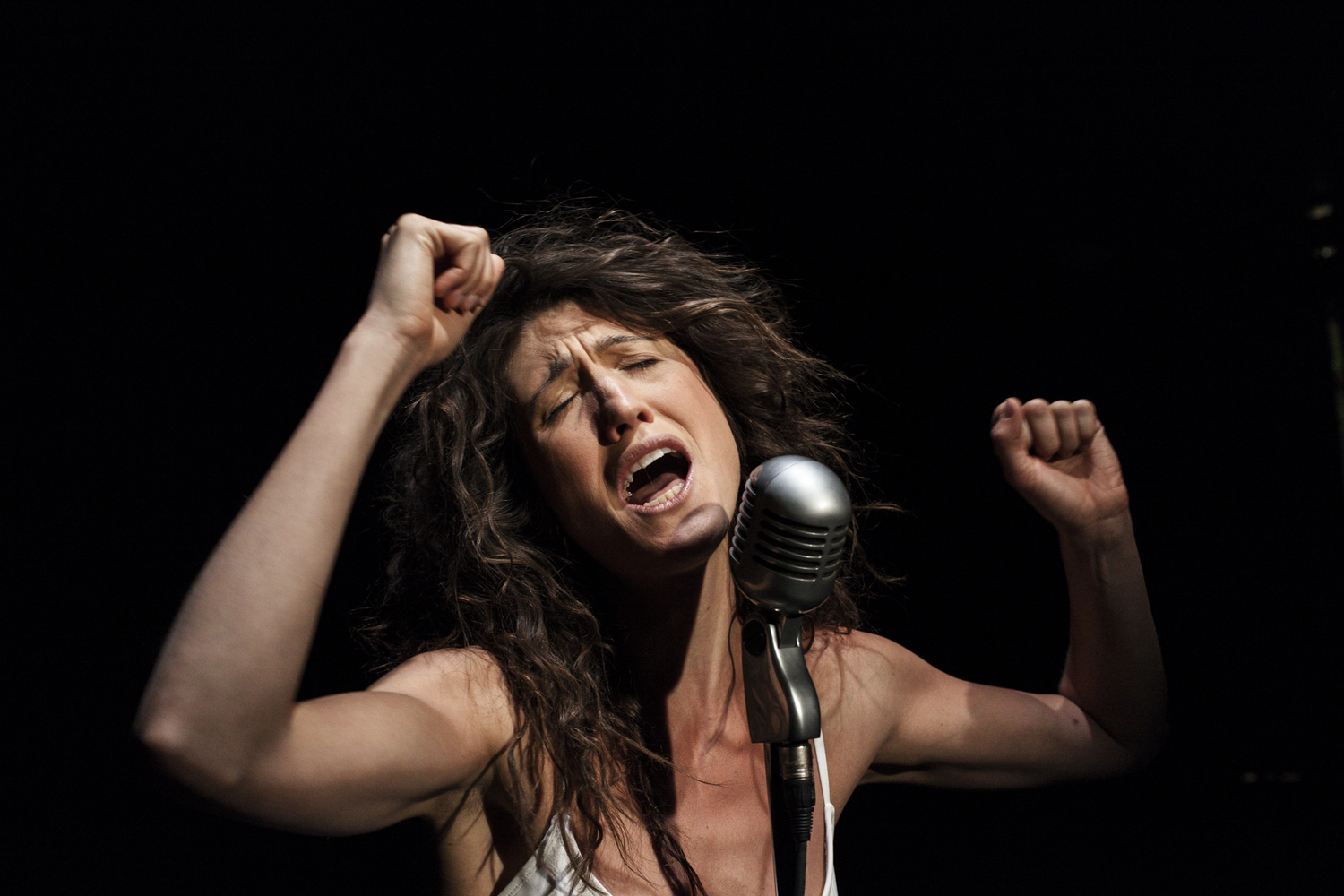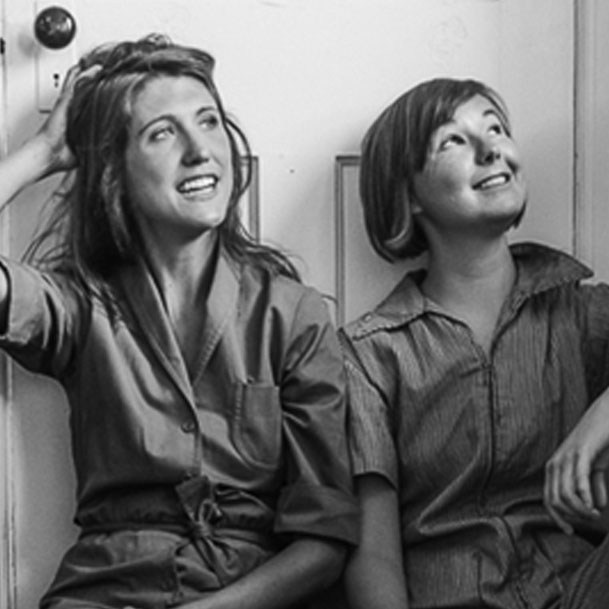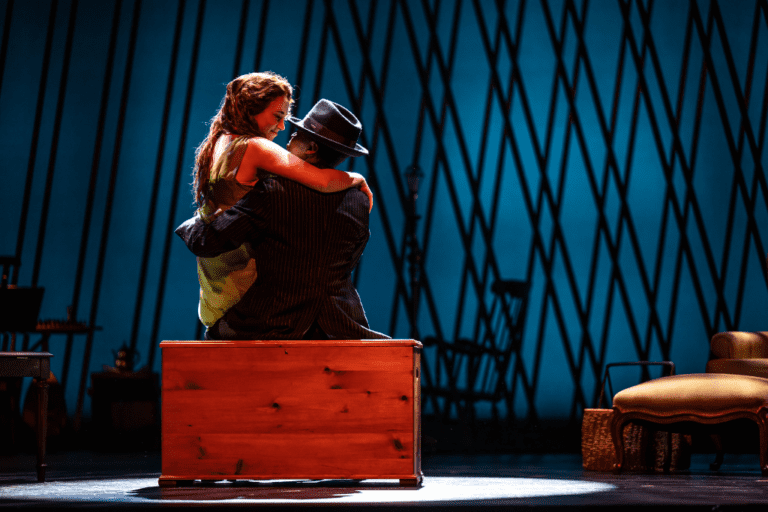Funeral for the Fun Girls
It’s a hot Saturday afternoon, the last gasp of summer, and I’m at a music festival in Christie Pits Park. People are having capital-F Fun. Exposed skin, punk-rock, beers, old friends, long legs on grass: the atmosphere is simultaneously languid and alive. The sole aim is enjoyment. We all feel younger and looser than we really are, and by all accounts nothing should ruffle my feathers.
An acquaintance sidles up and greets me in a casual way. He makes a slightly off-colour joke. I don’t laugh. He makes a semi-offensive statement. I disagree. He tries to laugh it off by saying something even shallower. I look at him directly and say in a firm voice: “I’m done with this conversation” and turn away. As I walk off I overhear him saying the five words I can never unhear… “Norah used to be fun.”
* * *
It’s Sunday morning. It’s too early. My head hurts. I crack open an eye and as my lens focuses and my brain defogs I remember the night before. FUCK. ME. Why? Why did I open my big mouth? Why did I ruin the party? It would have been so easy to just say nothing. It was a wedding for chrissake, people were having a good time—easy vibes, chillness, celebration.
I had spent that day marching to police headquarters with a mass of frustrated protesters reacting to Ghomeshi’s acquittal on all charges including sexual assault and choking. When I arrived at the wedding, I joined a small circle of men discussing the trial: the lies of the complainants, how mystifying it is that a victim would hesitate to come forward. That’s when, decked out in semi-formal attire, cocktail in hand, I become the party-pooper, again. I become THAT girl, again. That feminist in the room. Once again, Amy is that angry woman.
* * *
So, today we’re having a funeral. We’re on tour in Winnipeg this week with Mouthpiece, our two-hander show about what it means to be a contemporary feminist, and before the ground freezes for the winter we have decided it is an appropriate time to bury the Fun Girls.

Norah, left, and Amy
Let us flash back four years to our Fun Girl selves. Amy and Norah meet after moving to Toronto from London and New York, respectively. They know just how to be mysterious enough to be wanted, and how to sip whisky and pound beer with the big boys. They know how to top the sexist jokes with even dirtier punch lines, they are experts at letting everything roll off their backs, and they smile coyly as they bike along Dundas at 3 a.m. They are embarrassed for those girls who put up a stink, who order a salad, who don’t know who Syd Barrett or Robbie Robertson are. They are the girls you want at your party. They are the girls you want on your arm.
So those two girls started making a play called Mouthpiece, about an easygoing, “liberated” thirty-year-old woman living in Toronto who suddenly realizes that she is in fact completely under the thumb of the patriarchy. The making of that play slowly killed the Fun Girls.

Mouthpiece
Mouthpiece premiered one year ago, and we want to publicly mark the Fun Girls’ passing. It’s a reminder to ourselves and an announcement to the world that we loved them, but it’s a good thing that they’re dead. They were pushovers. They were bullshit-pushers. They were hypocrites, and they were part of the problem.
Even though we’ve had a year to get over their demise, it’s still hard, you know. It’s hard to grapple with the women we have become and to live with them every moment of every day. It’s a lot more work, and it’s very tempting to regress. So we need this ceremony. We need the reminder that it’s okay to speak our minds. It’s okay to challenge people, even to piss people off. It’s okay to say the sentence “I disagree” instead of “Well that’s very interesting but another way to look at it is…” It’s okay to utter the words “I find that offensive” (yes, yes that is the sound of the Fun Girls rolling in their graves). It’s okay to talk politics at the dinner table or at a party, it’s okay to defend our opinions while making people groan on Facebook, to ruffle feathers when we make a scene on the street, to offend our uncles-in law, to make our partner feel uncomfortable when we tell his friend we don’t like being called chicks thank you, to lose some “friends,” even lose our tempers sometimes. It’s also not necessary to apologize for being emotional or sensitive or outwardly “feminine.”
In fact, it’s important. In fact, it’s necessary. To hold ourselves and those around us accountable for what we do and say. Because when more of us open our mouths and speak honestly, and fewer of us censor ourselves for the sake of keeping things nice and easy, the more the scales will begin to balance out. We hope.
So this funeral, besides giving us the opportunity to drink wine out of Holiday Inn paper cups in the afternoon, is also a pep rally for the Opinionated-Bullheaded-Unrelenting-Angry-Women. We are growing increasingly fond of them.










Comments